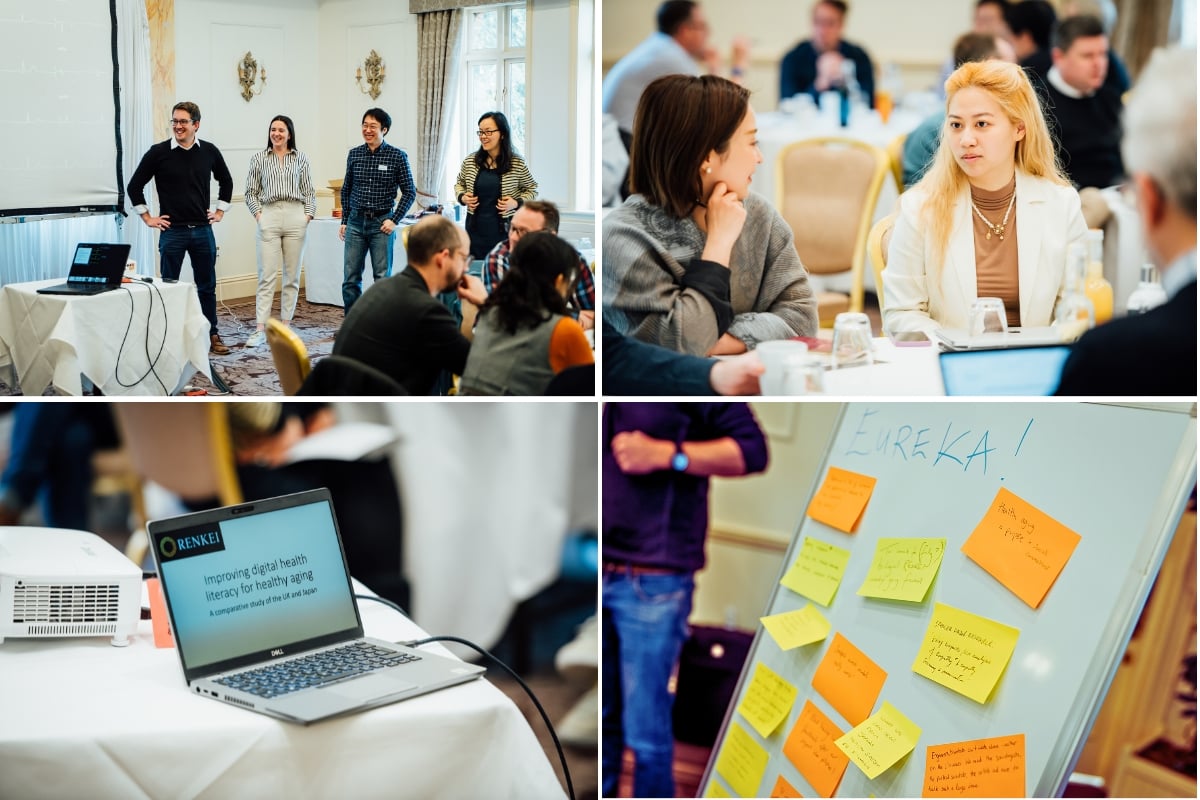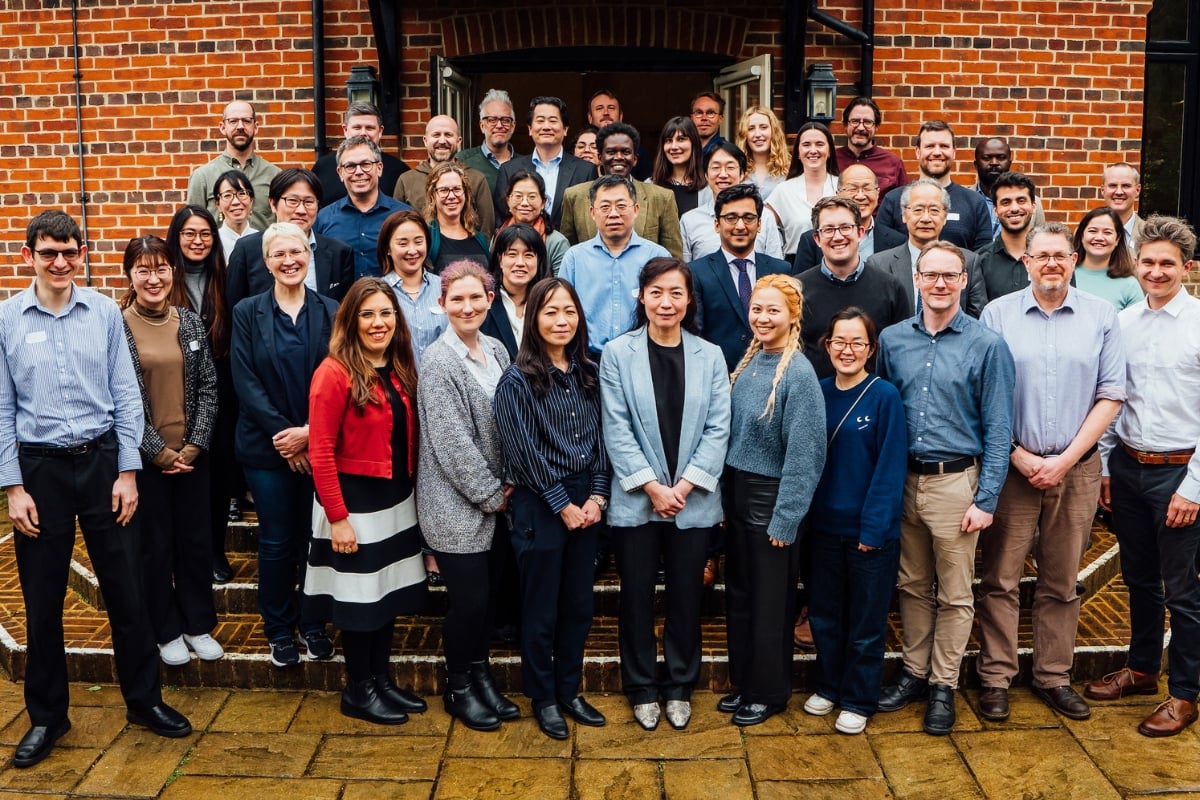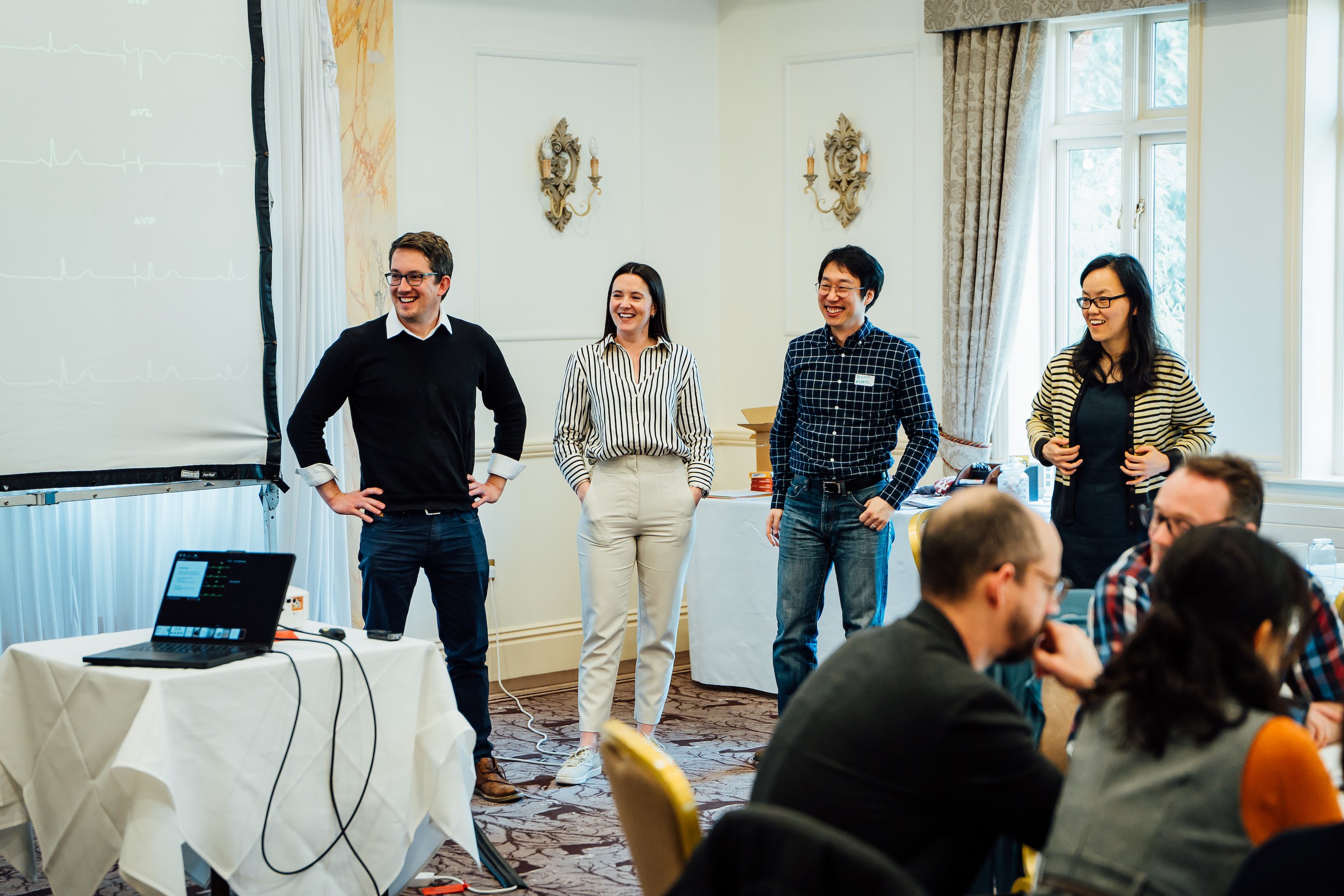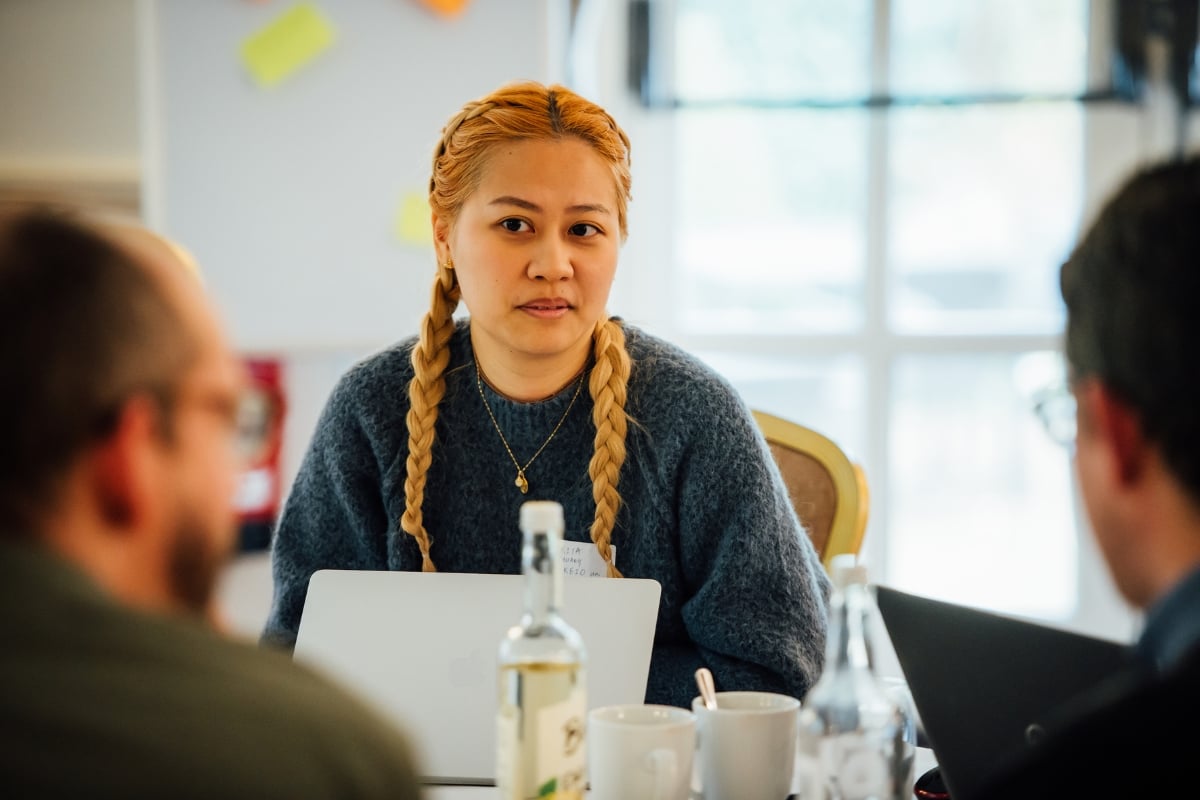Advancing international collaboration through the RENKEI Network
23 April 2024 | By: Dr Spencer Hazel | 2 min read
The UK-Japan RENKEI consortium of universities is the longest-standing British Council consortium of its kind.
Dr. Spencer Hazel, Co-Chair of the RENKEI network, recently participated in the Ageing and Health workshop alongside colleagues from Newcastle University and hosted by the University of Southampton.
Here, Dr Hazel reflects on the very special nature of these RENKEI meetings.
RENKEI - the Japanese word for ‘collaboration’
RENKEI, the Japanese word for ‘collaboration’, stands for ‘Research and Education Network for Knowledge Exchange Initiatives’, and with connections to Japan that stretch back over 150 years, Newcastle University continues to be pro-active in furthering the aims of the network.
RENKEI is a partnership between 12 universities in Japan and the UK, to further knowledge exchange and research collaboration between institutions and individuals. The group also develops collaborations with industry, governments and civil society to address global research challenges.

Workshop participants at the latest RENKEI meeting, hosted at the University of Southampton. Credit: redManhatten Photography
Embracing a unique blend of perspectives
There was a moment in the recent RENKEI Ageing and Health workshop where I glanced around the room and realised how rare it is to be in a space where people at very different stages of their careers work together on a shared goal. Around the room sat PhD candidates, alongside early and mid-career researchers, Deans and Vice-Presidents and Pro-Vice Chancellors at of some of the UK and Japan’s leading universities, all working together to generate new ideas for research partnerships between the two countries.
The benefits of these interactions are manifold. Those coming more recently into the field bring with them fresh energies, perspectives and ideas. Those with greater knowledge of the research funding landscape can help steer these new ideas to suitable ports of call.

While providing a formal framework for enabling researchers in the UK and Japan to work collaboratively, the network extends further with member universities also benefitting from greater access to governmental bodies in both countries. This affords a stronger collective voice with which to feed into policy, for example in arguing the benefits of cross-country partnerships, helping shape the direction of funding calls, and sharing expertise on how to facilitate projects that include different cultural perspectives.
Researchers working in this global space can also better understand the differences between how societal challenges such as ageing and health are perceived, conceptualised and managed in-country. Crucially, it also forges a consortium of trusted partners, all keen to establish closer working ties between institutions and countries, learning from one another.
Exploring research frontiers: from social robotics to AI
With project ideas from the day including topics as diverse as social robotics, disease prevention, health data management, epidemiology, dementia, multimorbidity and the development of Apps and AI, the event helped reinforce the huge scope for further enriching our research in collaboration with our RENKEI partners. Indeed, for a lucky twelve workshop participants who were able to co-create an idea for a future research project, they’ll be supported to apply for a RENKEI grant to host or visit a partner in the UK or Japan.

These visits are a positive outcome of the workshops, enabling participants to further develop relationships, ensure ideas move beyond the incubation stage and help to solidify longer term collaborations. Funding agencies like JSPS, the Royal Society, UKRI, and the International Science Partnership Fund are part of the conversation and often support these initiatives.
What’s next for the network?
As we gear up for the next workshop hosted by Keio University in Japan, I’m excited about the possibilities. Indeed, our connections here extend beyond research papers and grants, fostering cultural understanding and shaping the future of knowledge exchange between countries.
Upcoming workshops on “Climate Change & Transformative Technologies” with Kyushu University (December 2024) and Durham University (Spring 2025), promise exciting projects, impactful research, and collaborative solutions to tackle the world’s global challenges.
You might also like
- learn more about the British Council RENKEI network
- discover our groundbreaking work in ageing and health
- find out more about our global community and international partnerships
All photos are credited to redManhatten Photography.
